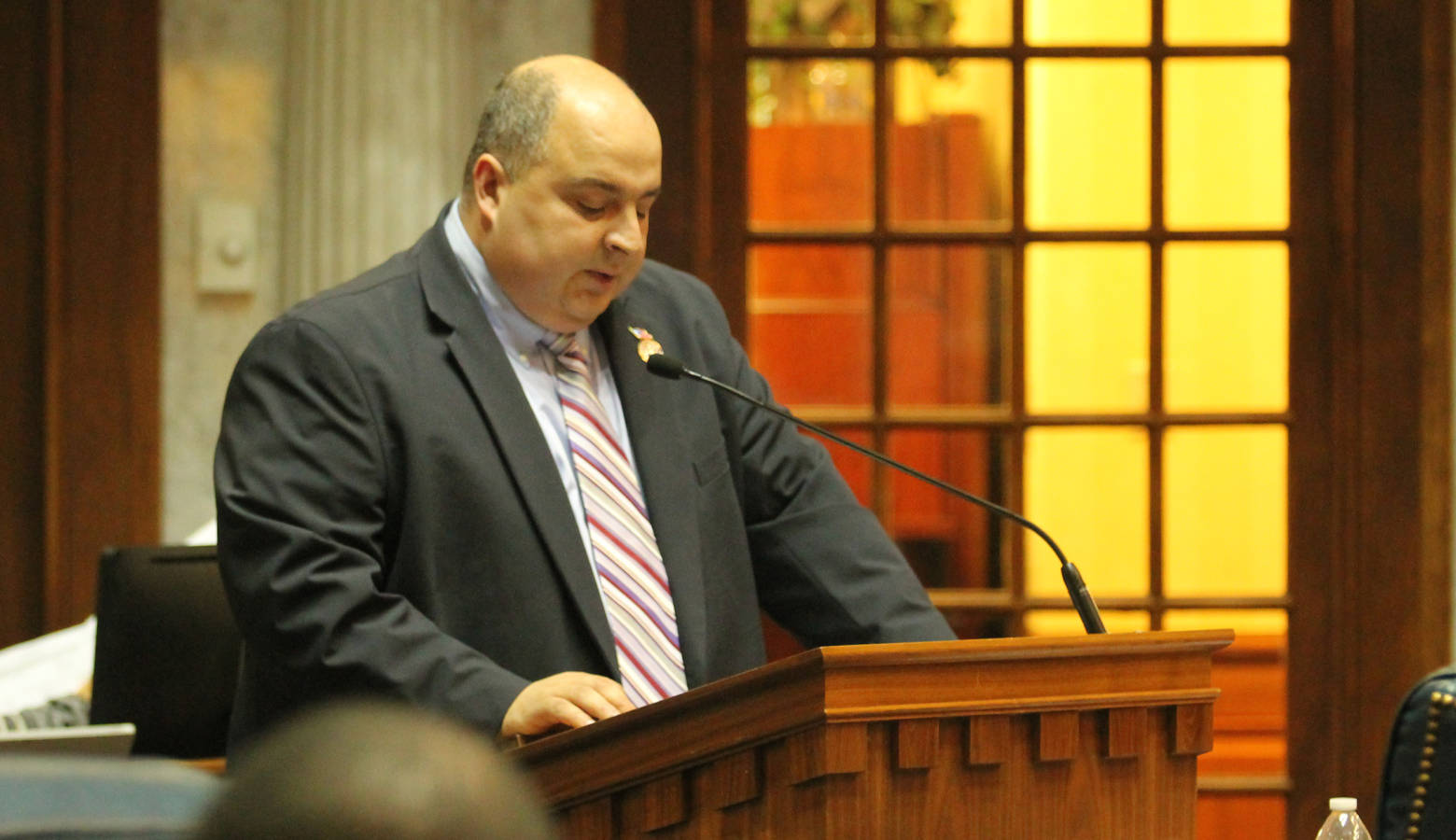CO2 Storage Bill Turns Into Summer Study

State legislators hope to study carbon dioxide storage in Indiana this summer. A bill to form the committee passed in the state Senate Tuesday. It’s much different from the original bill which would have made it easier for companies to get approval to inject CO2 into the ground.
The company Wabash Valley Resources LLC wants to turn a coal gasification plant in Terre Haute into an ammonia production facility, and store its byproduct – carbon dioxide — to reduce its emissions.
Managing partner Nalin Gupta says it would have been the first such facility of its kind. But now, he says the company may have to reconsider locating in Indiana.
“Without a regulatory framework, we will have to gravitate towards the states that understand this technology,” Gupta says.
READ MORE: Senate Bill Would Make CO2 Storage Easier
Some scientists say injecting carbon dioxide underground could cause earthquakes or pollute drinking water. That’s why the Citizens Action Coalition urged the Senate to take a closer look before making it easier for companies to acquire land for the practice.
“I think the legislature did the right thing in this case by hitting the pause button and wanting to take the time to gather information,” says Citizens Action Coalition executive director Kerwin Olson.
The bill that would create a committee to study the process now moves on to the state House for consideration.
Indiana Environmental reporting is supported by the Environmental Resilience Institute, an Indiana University Grand Challenge project developing Indiana-specific projections and informed responses to problems of environmental change.
